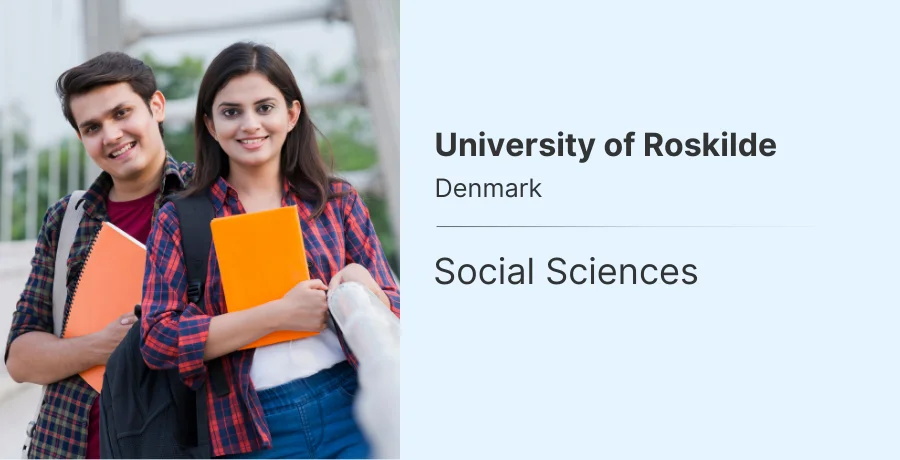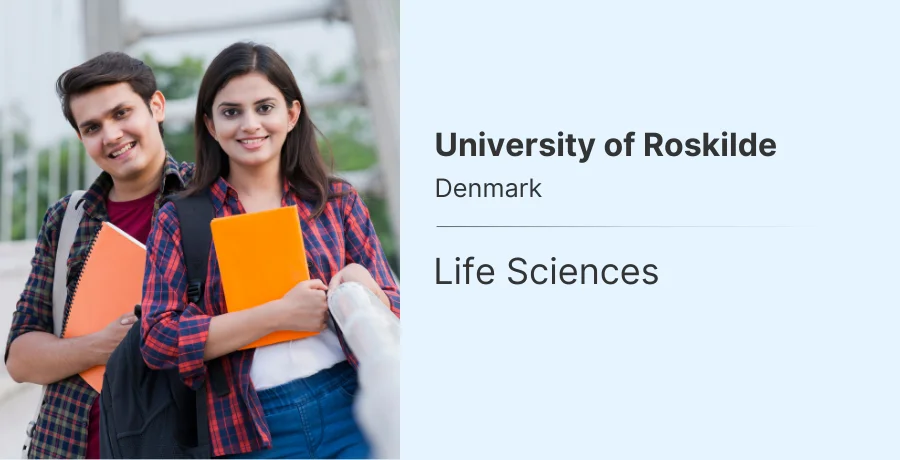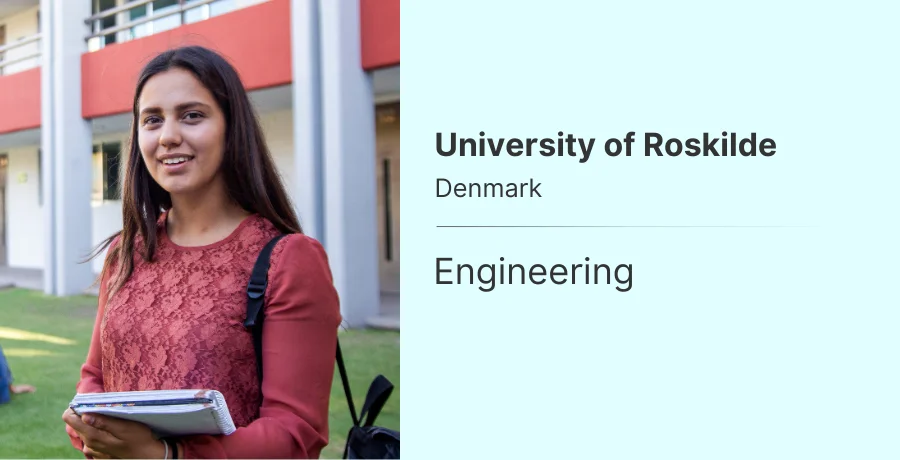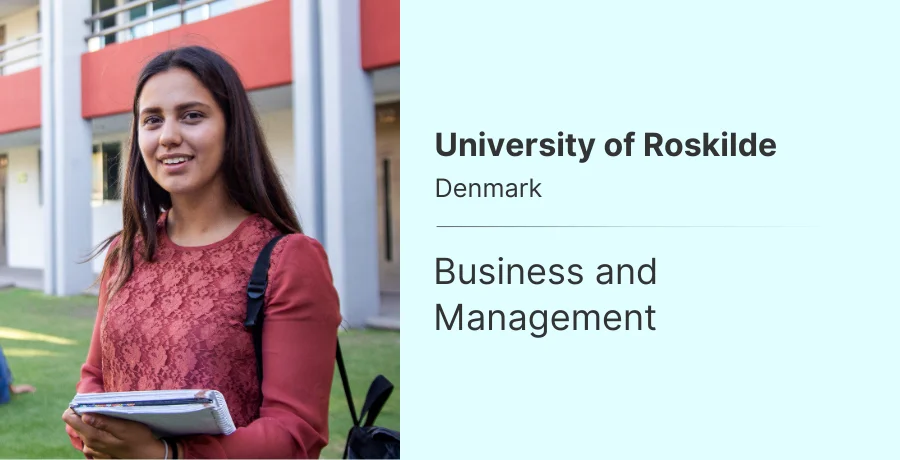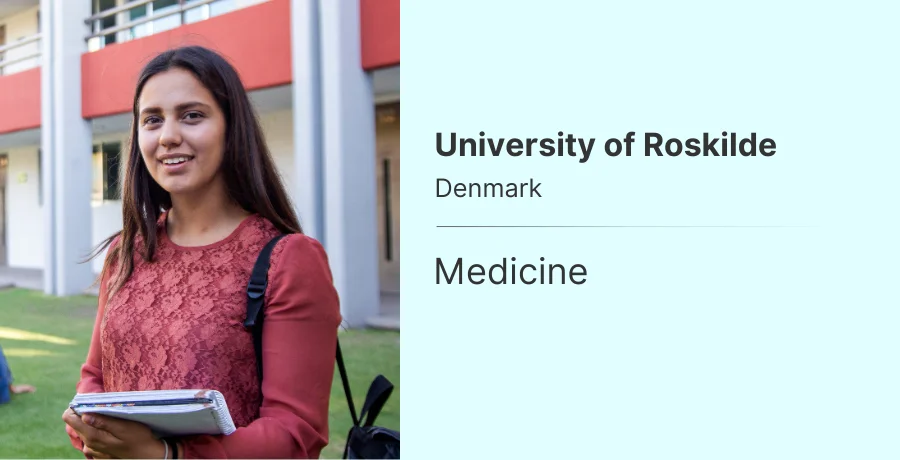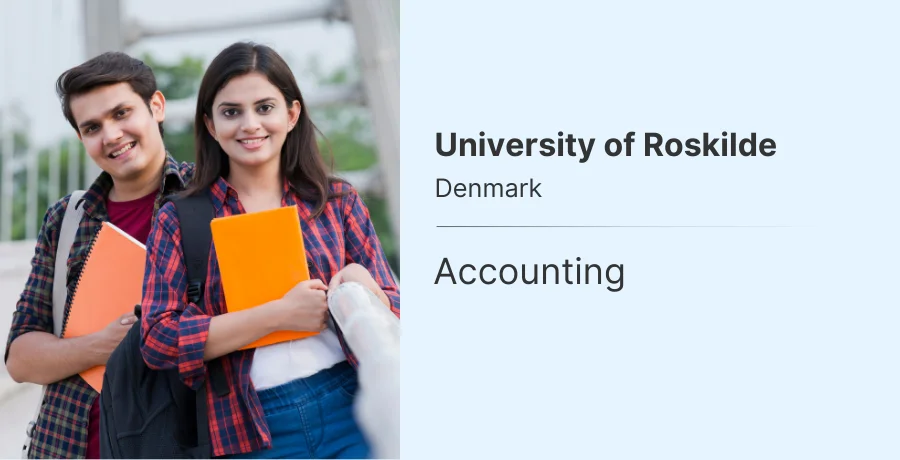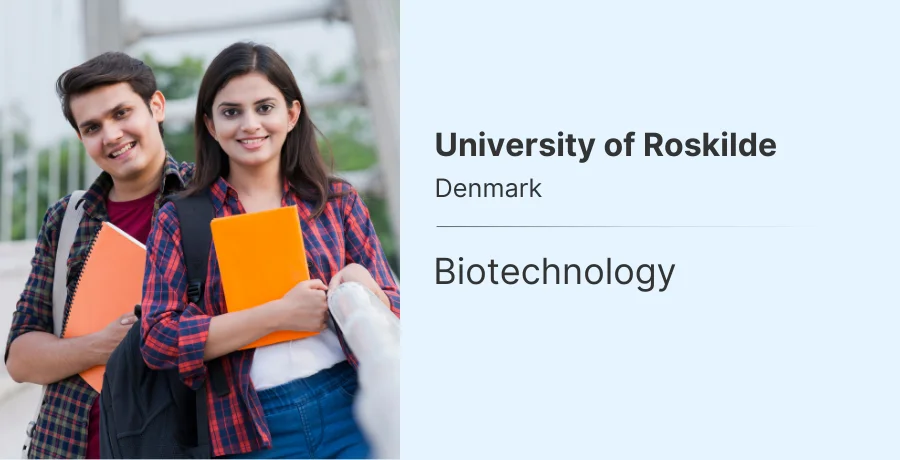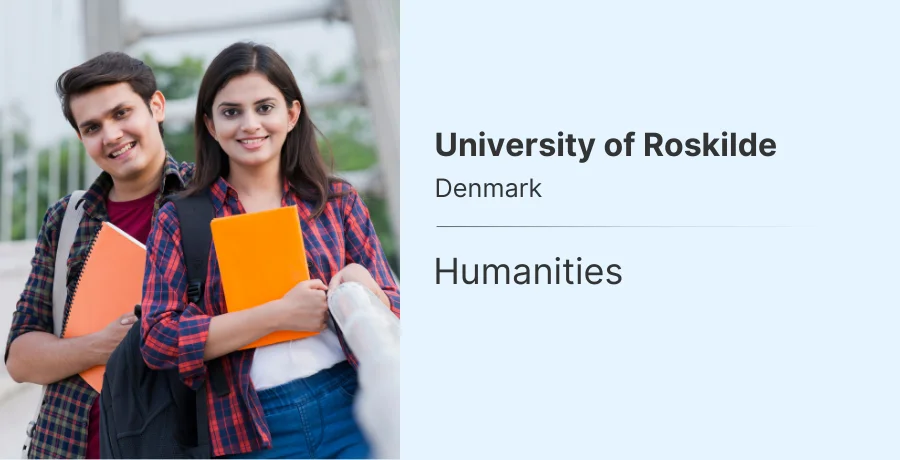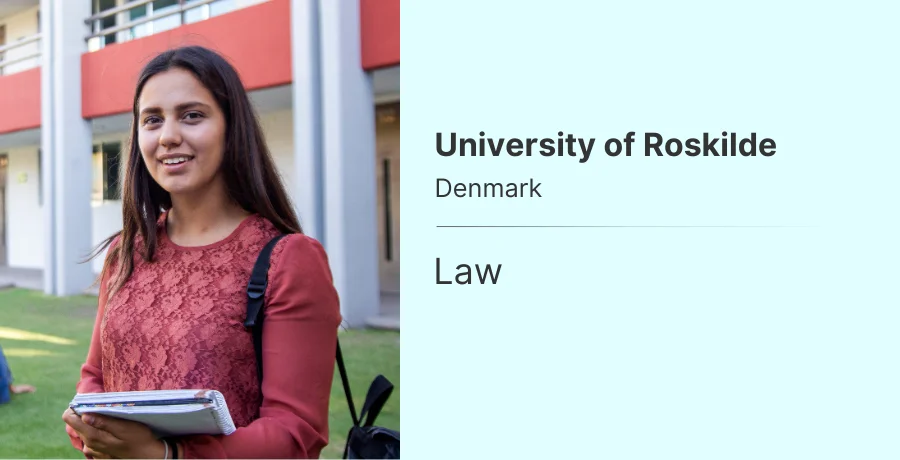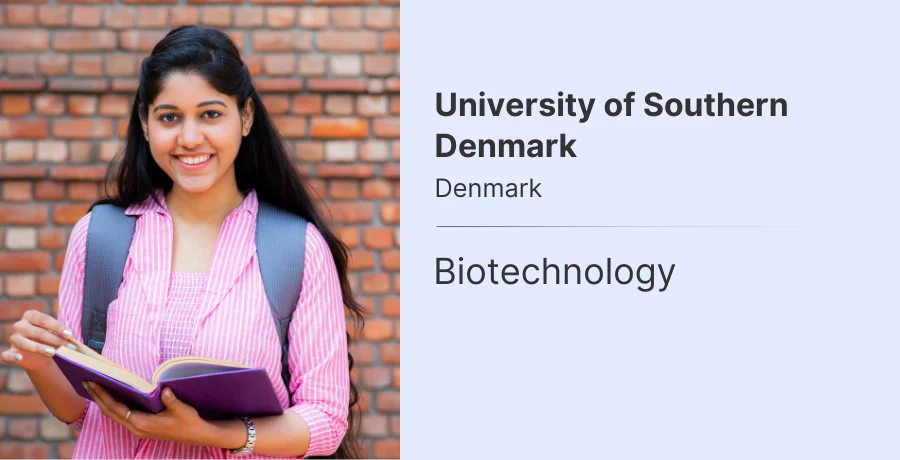Life Sciences at Technical University of Denmark Denmark
Table of Contents
- Life Sciences at Technical University of Denmark Denmark – Highlights
- Why Study Life Sciences at Technical University of Denmark Denmark?
- Technical University of Denmark Life Sciences Rankings
- Technical University of Denmark Life Sciences Acceptance Rate
- Popular Life Sciences Courses at Technical University of Denmark Denmark
- Admission Requirements to Life Sciences at Technical University of Denmark Denmark
- Cost of Life Sciences at Technical University of Denmark Denmark for Indian Students
- Scholarships at Technical University of Denmark Denmark
- Job Prospects for Life Sciences at Denmark
- FAQs – Life Sciences at Technical University of Denmark Denmark
Life Sciences at Technical University of Denmark Denmark – Highlights
The Life Sciences course at the Technical University of Denmark (DTU) offers a comprehensive education in biological and environmental sciences. Situated in the vibrant city of Lyngby, the university is renowned for its cutting-edge research facilities and experienced faculty. The course is designed to provide students with in-depth knowledge and practical skills to tackle real-world challenges in the field of life sciences.
DTU's strategic location near Copenhagen, a hub for biotechnology and pharmaceutical industries, presents numerous opportunities for internships and collaborations. The university's strong emphasis on sustainability and innovation ensures that students are well-prepared to contribute to the advancement of life sciences both locally and globally.
Why Study Life Sciences at Technical University of Denmark Denmark?
Studying Life Sciences at DTU offers a unique blend of theoretical knowledge and practical experience. The university is equipped with state-of-the-art laboratories and research facilities, providing students with hands-on experience in cutting-edge technologies. Additionally, DTU's strong ties with industry partners and research institutions offer ample opportunities for internships and collaborative projects.
- World-class faculty and research facilities
- Strategic location near Copenhagen, a biotech hub
- Focus on sustainability and innovation
- Opportunities for internships and industry collaborations
Technical University of Denmark Life Sciences Rankings
| Ranking | Source |
|---|---|
| Top 50 | US News and World Report |
| Top 100 | QS World University Rankings |
| Top 150 | THE (Times Higher Education) |
| Top 200 | ARWU (Academic Ranking of World Universities) |
Technical University of Denmark Life Sciences Acceptance Rate
- The acceptance rate for Life Sciences at DTU is competitive, reflecting the high standards of the program.
- Approximately 20-30% of applicants are admitted, depending on the year and applicant pool.
Popular Life Sciences Courses at Technical University of Denmark Denmark
- Bachelor's Programs:
- Biotechnology: Focuses on the application of biological sciences in industrial processes.
- Environmental Engineering: Emphasizes sustainable solutions for environmental challenges.
- Master's Programs:
- Bioinformatics: Combines biology, computer science, and statistics to analyze biological data.
- Food Technology: Covers the production, processing, and safety of food products.
Admission Requirements to Life Sciences at Technical University of Denmark Denmark
The admission process for Life Sciences at DTU is rigorous, ensuring that only the most qualified candidates are selected. Applicants must meet specific academic and language proficiency standards.
Entry Requirements:
-
- Technical University of Denmark Life Sciences entrance exam
- Technical University of Denmark Life Sciences entry requirements
Eligibility Criteria:
Candidates must have a strong academic background in relevant subjects, such as biology, chemistry, and mathematics. Additionally, they should demonstrate proficiency in English through standardized tests like TOEFL or IELTS.
Applicants are also expected to have a passion for life sciences and a commitment to contributing to the field through research and innovation.
Documents Required:
-
- Academic transcripts and certificates
- Proof of English proficiency (TOEFL/IELTS)
- Statement of purpose
- Letters of recommendation
- Resume or CV
Proficiency Test:
Applicants must demonstrate their English proficiency through standardized tests like TOEFL or IELTS. A minimum score is required to ensure that students can effectively participate in the course.
Visa Process:
-
- Apply for a student visa at the Danish embassy or consulate in your country.
- Submit required documents, including acceptance letter from DTU, financial proof, and health insurance.
- Attend a visa interview, if required.
- Receive your visa and prepare for travel to Denmark.
Cost of Life Sciences at Technical University of Denmark Denmark for Indian Students
- Tuition Fees: The tuition fees for Life Sciences at DTU range from €10,000 to €15,000 per year for international students.
- Cost of Living: The cost of living in Denmark for students is approximately €800 to €1,200 per month, covering accommodation, food, and other expenses.
| Expense | Cost (EUR) |
|---|---|
| Tuition Fees | €10,000 - €15,000 per year |
| Cost of Living | €800 - €1,200 per month |
Scholarships at Technical University of Denmark Denmark
DTU offers various scholarships to support international students in their academic journey. These scholarships are based on academic excellence and financial need.
- DTU International Scholarships: Awarded to outstanding international students based on their academic achievements.
- Nordplus Scholarships: Available for students from Nordic and Baltic countries, supporting mobility and collaboration.
Job Prospects for Life Sciences in Denmark
Graduates of Life Sciences at DTU have excellent job prospects in various sectors, including biotechnology, pharmaceuticals, and environmental management. The university's strong industry connections facilitate job placements and internships.
| Job Role | Average Salary (EUR) |
|---|---|
| Biotechnologist | €50,000 - €70,000 |
| Environmental Consultant | €45,000 - €65,000 |
| Research Scientist | €55,000 - €75,000 |
FAQs – Life Sciences at Technical University of Denmark Denmark
- Can I work while studying Life Sciences at DTU?
Yes, international students are allowed to work part-time while studying at DTU. However, it is important to balance work and study commitments.
- What are the advantages of studying Life Sciences at DTU?
Studying Life Sciences at DTU offers access to world-class research facilities, experienced faculty, and numerous opportunities for industry collaboration and internships.
- What is the average salary for Life Sciences graduates from DTU?
The average salary for Life Sciences graduates from DTU ranges from €50,000 to €75,000, depending on the job role and industry.
- What is the duration of the Life Sciences programs at DTU?
The duration of the bachelor's programs is typically 3 years, while the master's programs usually take 2 years to complete.
- Are there any specific exams required for admission to the Life Sciences program at DTU?
Yes, applicants may need to take the Technical University of Denmark Life Sciences entrance exam. Additionally, proficiency in English through TOEFL or IELTS is required.
- What are the popular Life Sciences courses at Technical University of Denmark Denmark?
Popular courses include Biotechnology, Environmental Engineering, Bioinformatics, and Food Technology.

